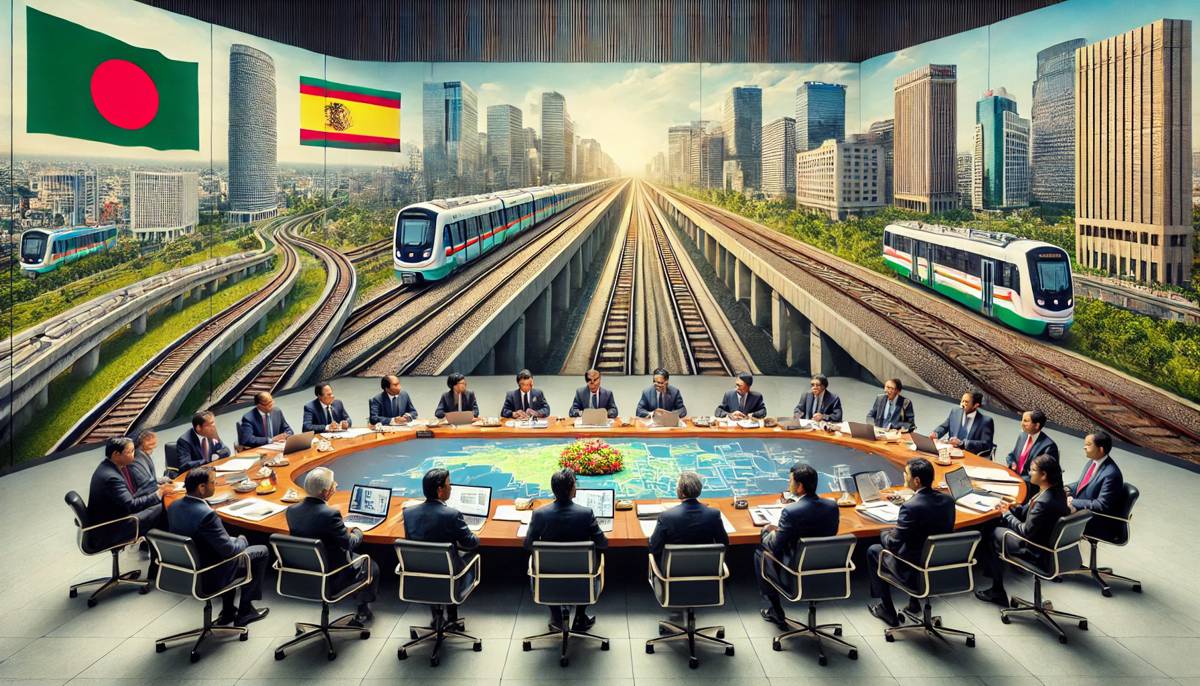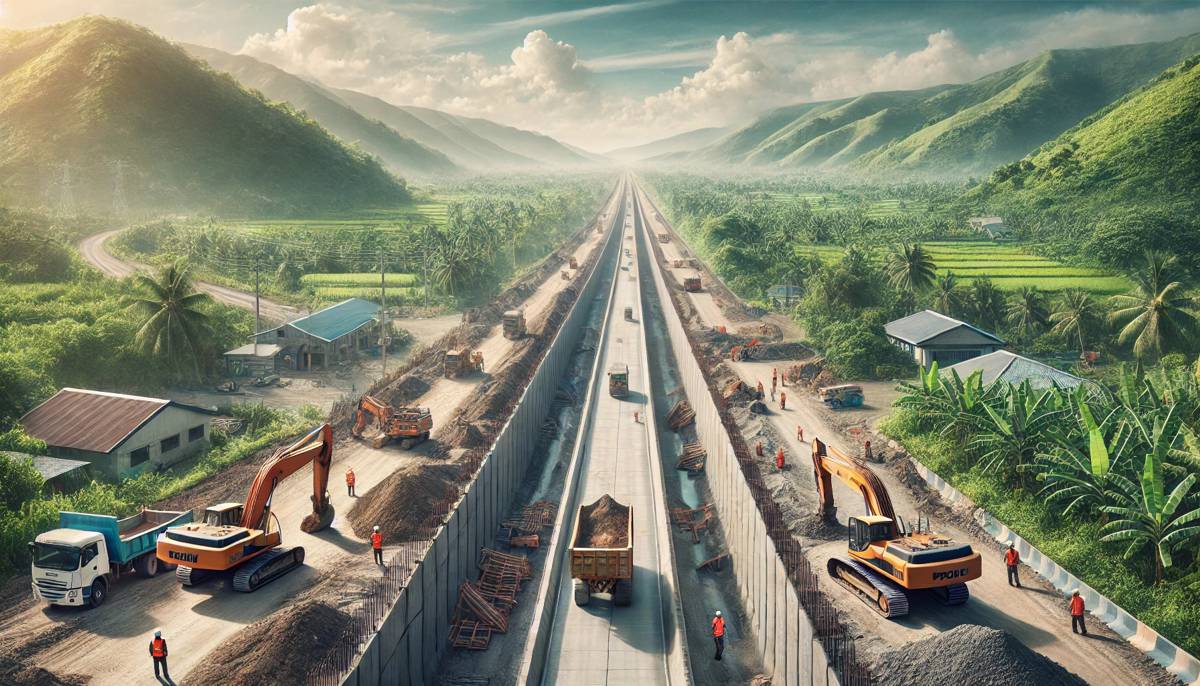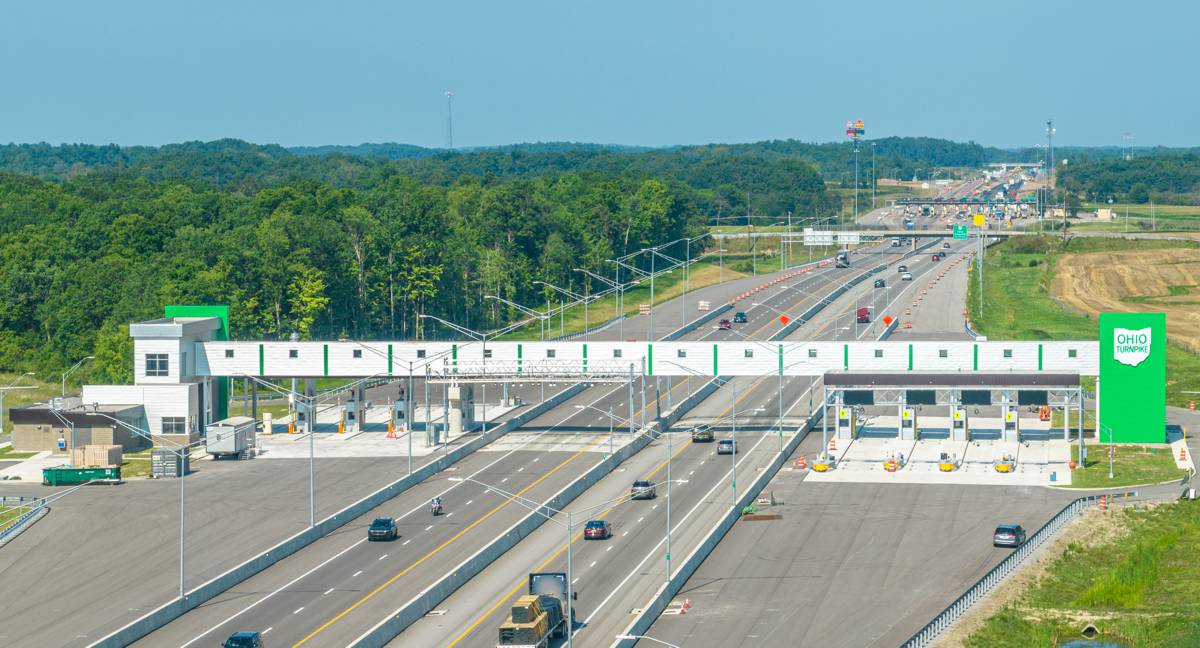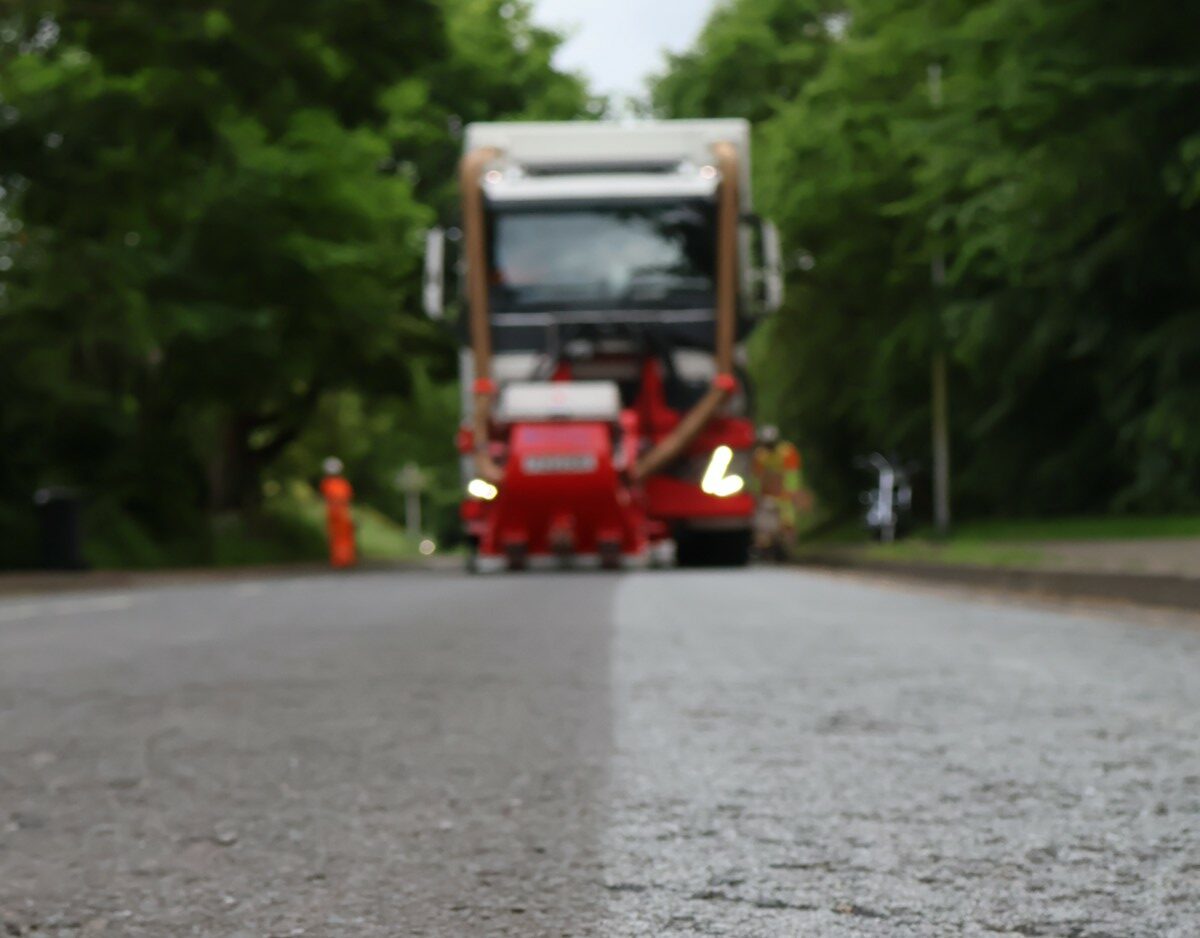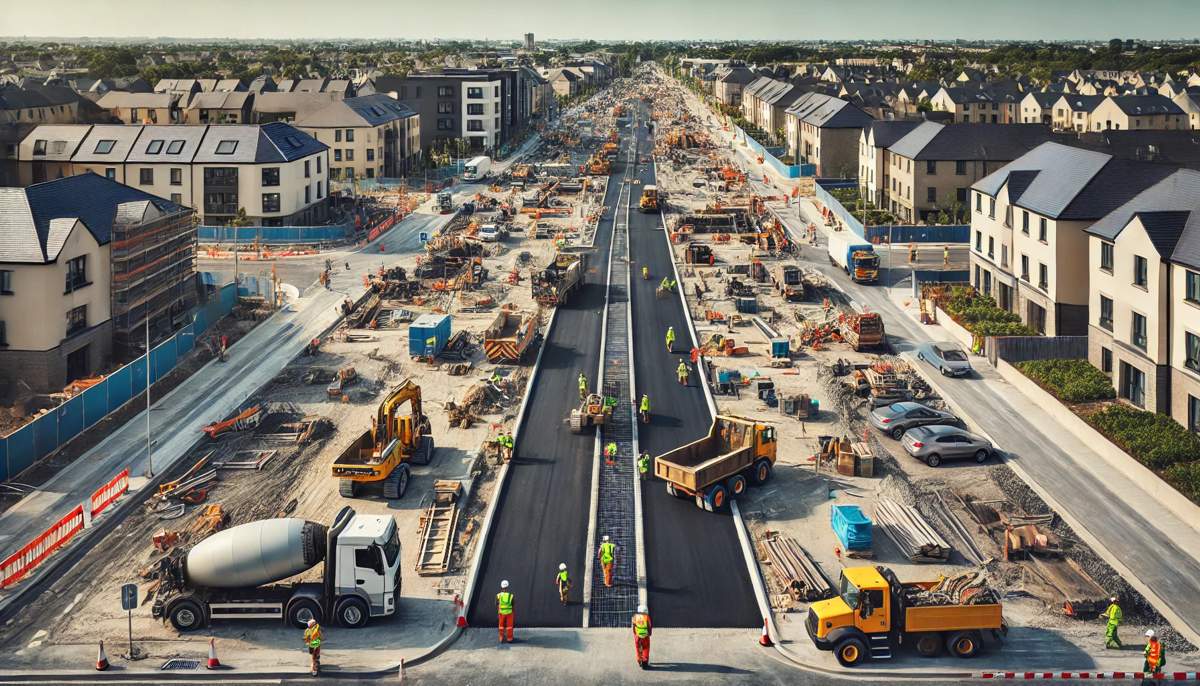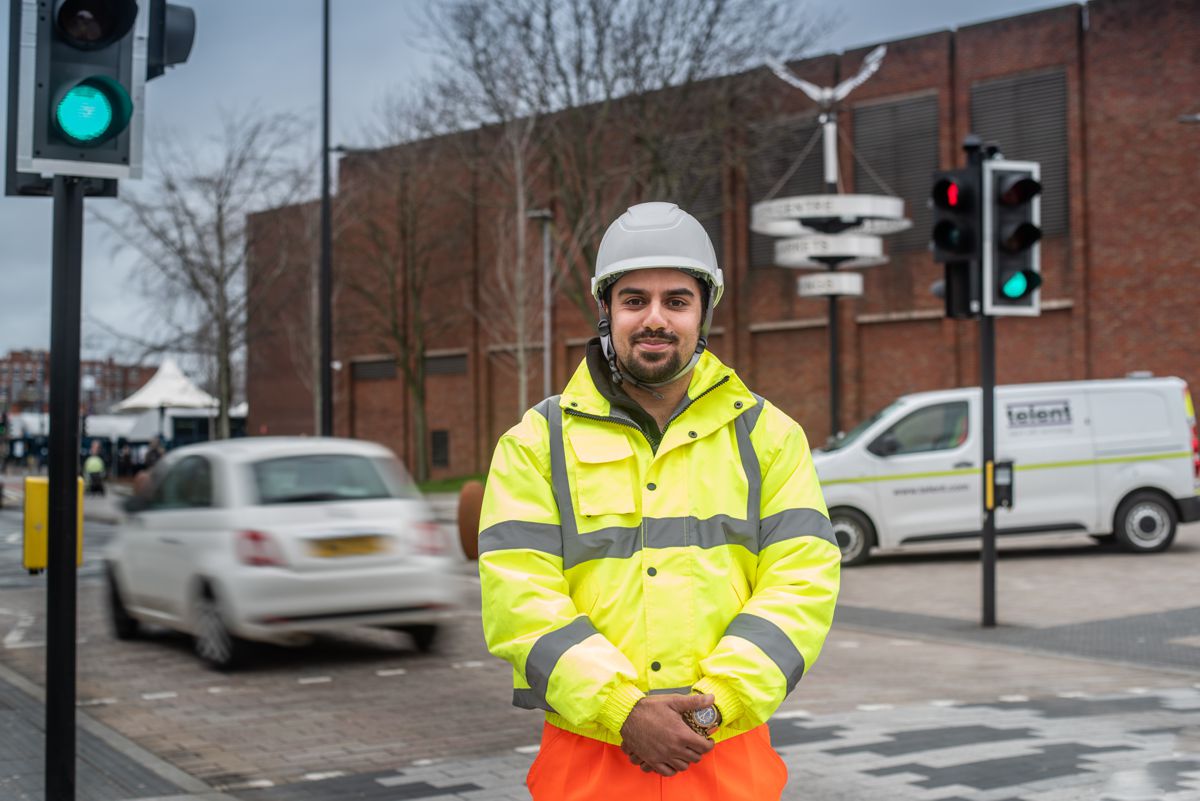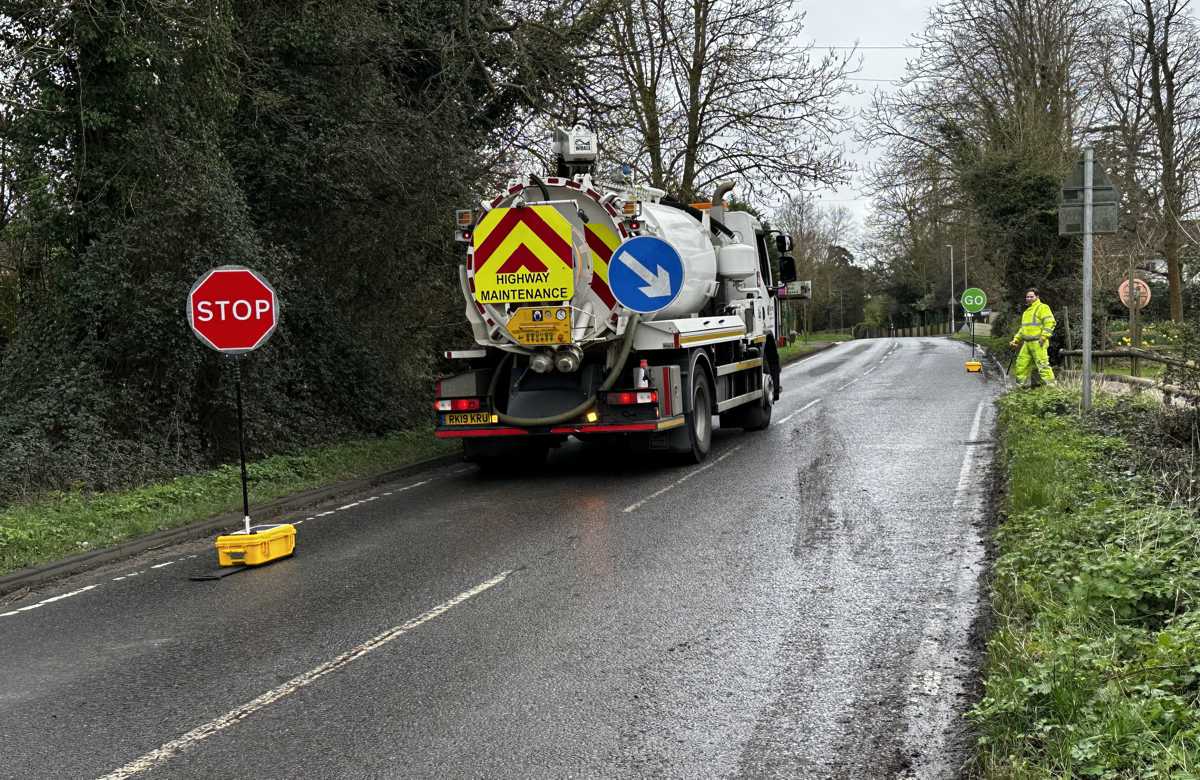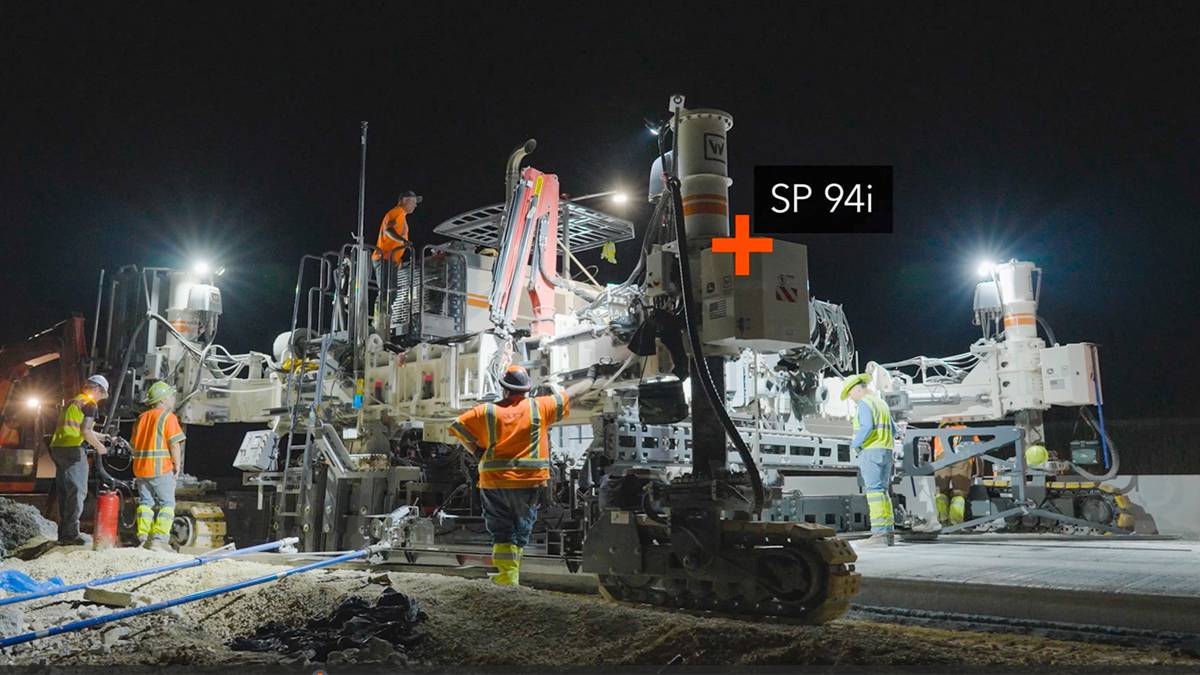Rural Northern KwaZulu Natal to benefit from SANRAL projects and jobs
Communities in far-flung rural areas in Northern KwaZulu Natal Road have not been overlooked by the South African National Roads Agency SOC Limited (SANRAL).
They have been provided with safer walkways for pedestrians and periodic road maintenance has been carried out on crucial routes that serve passenger and goods vehicles. In the process, hundreds of jobs have been created and SMMEs have been developed.
SANRAL this week embarked on a drive to inform stakeholders of the opportunities that exist in the construction industry.
In keeping with government’s Infrastructure Development Plan, SANRAL will use roads infrastructure development as the catalyst for job creation and empowerment.
SANRAL hosted its Taking SANRAL to the People programme in Kwangwanase at Kosi Bay in Northern KZN to promote dialogue between the roads agency, different spheres of government, business, communities and other key stakeholders that are affected by its projects.
Dumisani Nkabinde, SANRAL Eastern Region regional manager, said through this programme, SANRAL shares information with stakeholders about its continuing role in infrastructure development, job creation and skills development initiatives, as well as engages in dialogue on issues of mutual interest with these stakeholders.
Nkabinde said communities that were far away from large cities and towns were often forgotten, whereas in reality, these were the very people who were in need of jobs, empowerment and road safety education.
He said SANRAL will also draw from Horizon 2030, its renewed statement of intent of how the roads agency will grow to deliver a national road system that contributes to a better South Africa for all.
In tandem with Horizon 2030, SANRAL will also give real meaning to its transformation policy which recognises the critical role that SANRAL plays in the construction, engineering and related sectors.
“We are mindful of the impact that procurement and employment practices in these industries have on millions of people across South Africa. We accept our responsibility to help transform these sectors and to maximise the participation of black contractors, professionals and suppliers beyond the current regulatory levels in all aspects of our business.
“As a responsible state-owned entity, SANRAL wants to play a leadership role in sectors of the economy that are critical to job creation, skills development and community empowerment.
“We want to set high standards for ourselves and encourage our partners and stakeholders in these industries to join us in the quest to transform the South African economy,” Nkabinde said.
SANRAL has undertaken several projects in Northern KZN to make roads safer for pedestrians whilst rehabilitating and upgrading existing roads. Driven by road safety concerns, SANRAL constructed pedestrian facilities on the N2 between Nyalazi River and Hluhluwe River. This project entailed the rehabilitation and replacement of the damaged existing walkway and the construction of additional walkways.

In addition, existing culverts were extended on sections where they crossed the walkway. Also, of critical importance, is the fact that this work was used to also start contributing more to the Manguzi community, with numerous jobs created for people of Manguzi – a significant amount of which were women. Furthermore, black owned SMMEs were also contracted to the tune of R2.24 million in addition to R1.2 million spent on local labour and 63 people trained in furtherance of Skills Development through maintenance of the R22 from Mseleni River to Phelendabe circle, SANRAL maintains a continuing presence.
Nkabinde said the R22 serves as the main access road and is bordered by residential developments, SANRAL thus continually reseals the road, including protection of the gravel shoulders by construction edge beams – keeping community and road safety top of mind.
He added that considering SANRAL’s focus is not only job creation but also the meaningful participation of black businesses, SANRAL spent a total of R13 million on the employ of local SMME’s in addition to a total of 63 residents of Manguzi having gained employment – 20 of whom which are women.
SANRAL, as part of it’s continued presence in the area, undertakes ongoing maintenance of the road from Phelendaba circle to Manguzi. This route forms part of the Spatial Development Initiative that links Hluhluwe in the south to the Mozambican border – traversing numerous settlements and villages. The first 12 kilometres passes through areas with agricultural activity on both sides of the road.
From the 12 kilometre mark to the 22 kilometre mark in Manguzi, there’s more intensive development (peri-urban and urban) on either side of the road, culminating at the end of the route with the commercial development of the Manguzi central business district. SANRAL does surface repairs where needed – including extensive base patching, surface patching, asphalt edge break repairs, construction of concrete edge beams and slurry surface texture improvement. This was followed by the construction of a new seal surface treatment over the entire road surface
Upcoming projects include the maintenance of the N2 from Empangeni to the border of Mpumalanga Province. This will also include R22 sections 1 – 5 from Hluhluwe to the Mozambican border – a total distance of 427 kilometres. Planned work includes the repairs of pavements, grass cutting, attendance to drainage structures, road reserve cleaning as well as the maintenance to road amenities. One of the project’s requirements to note is that at least 60% of scheduled work should be contracted to sub-contractors. The main contractor, Rainbow Civils, has to date contracted a number of 1CE and 2CE contractors. In addition, the project currently has five sub packages in place
In an effort to fast-track empowerment in the road construction industry, SANRAL has signed a Memorandum of Understanding (MoU) with Bell Equipment in July 2018.
The MoU will give small contractors access to earthmoving machinery to allow them to participate more meaningfully in major construction projects.
Access to sophisticated and more advanced equipped used in construction has been identified as one of the biggest hurdles that continue to face emerging contractors. Emerging contractors often do not have the capital to buy the machinery used for excavations, ground moving and the grading of roads.
The key motivation behind this MoU is to attract new entrants into the construction and engineering sectors, particularly black contractors, who will in turn grow their business and create jobs.
The cooperation between SANRAL and Bell Equipment is also expected to help to promote fair competition in the construction and engineering sectors. It is expected that black owned contractors will now have access to finance, leasing and rental options of road construction equipment – enabling them to participate in major tenders where high standards of quality are required.
“The cooperation between also demonstrates the road agency’s resolve to use its contracting and procurement processes to facilitate the growth of emerging contractors.
“Bell Equipment will use its infrastructure of 26 branches throughout the country to provide technical support to assist emerging contractors with their strategic partnerships with financial institutions, with banks also playing a hand to secure finance for emerging contractors,” said Nkabinde.
Meanwhile, Deputy Minister of Transport, Ms Sindisiwe Lydia Chikunga, who was also on a road safety campaign in the Manguzi area, said according to the preliminary Festive Season Road Safety Report, there were 1 612 deaths on South African roads during the last festive season. The report covered the period from 1 December 2018 to 8 January 2019. Of these 1 612 deaths, KwaZulu-Natal had 328, with 267 crashes.
She said interventions that dealt with ameliorating road safety did not only end with driver, pedestrian or vehicle safety. They also dealt with the improvement of hazardous South African roads through engineering.
She urged road users to take personal responsibility for safety on South African roads for all the 365 days of the year.



